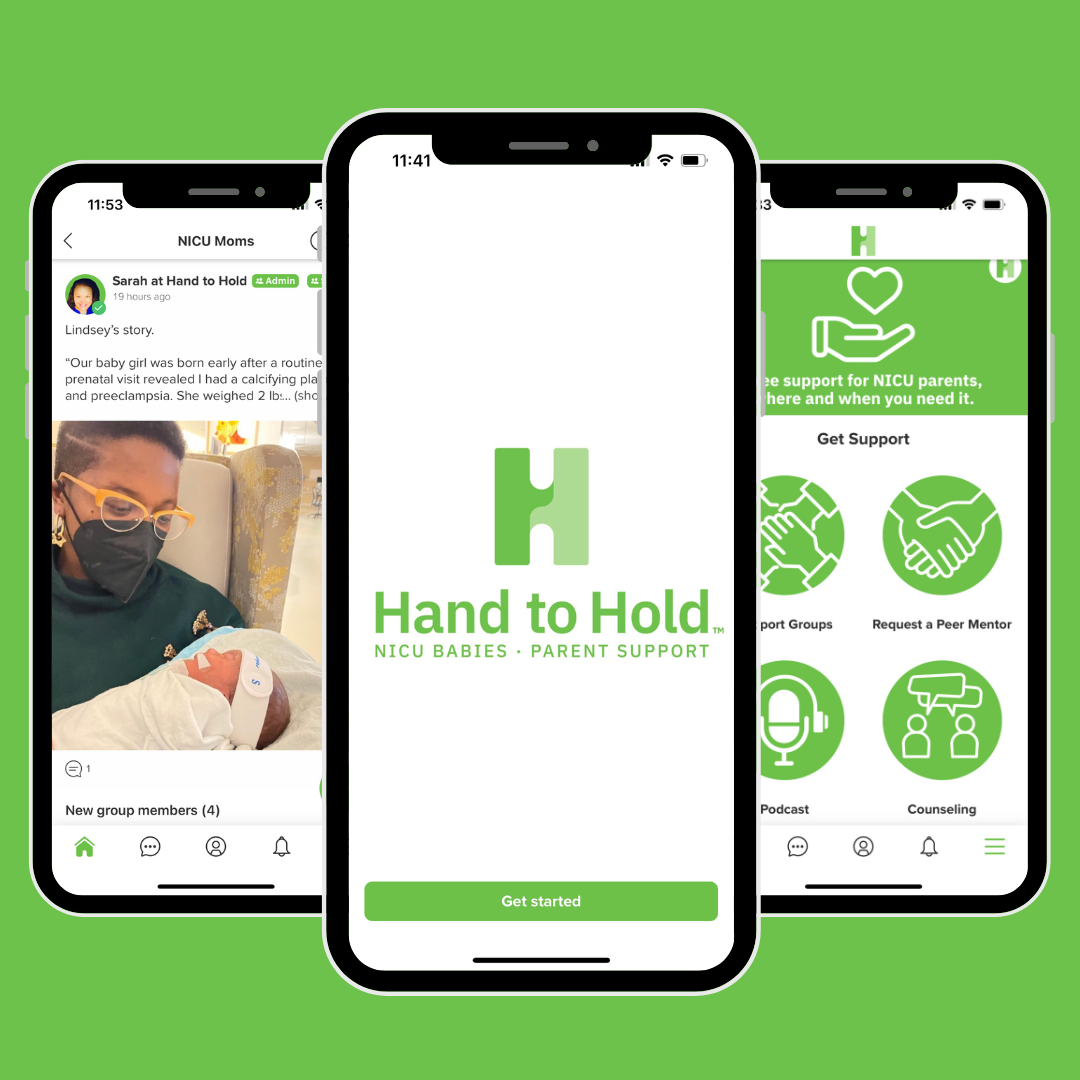Many people assume that because breastfeeding is nature’s way of meeting our babies’ needs that nursing should come naturally. But many of us struggle to learn the carefully choreographed dance between mom and infant to make feeding successful! This is especially true if you and your baby end up in the NICU. Being born early or with special health needs means that a baby may not be quite ready to nurse. Mothers may find themselves trying to establish a healthy milk supply under very challenging conditions – and possibly weeks before expected.

Kay Needles
NICU parents know more than anyone else how special breast milk is and the difference it makes for their children. In spite of all the barriers, mothers who have babies in the NICU are shown to go home nursing their infants at a higher rate than mothers who had uncomplicated births – and continue to breastfeed longer.
We interviewed Kay Needles, an International Board Certified Lactation Consultant and NICU nurse educator at St. David’s Medical Center in Austin, Texas. She sheds light on how a lactation consultant can assist you and your baby as you establish your nursing routine.
What is your title and what was your program of study?
I am a registered nurse, or RN, as well as a lactation consultant, or IBCLC. I got my Bachelor of Science in Nursing. I have more than fifteen years of clinical experience, have been a certified lactation consultant for more than five, and I am currently a graduate student studying toward my Masters in Nursing in Public Health.
What sort of licensing and certification do practitioners in your field acquire?
Lactation consultants are accredited through the International Board of Lactation Consultants Examiners. This credential certifies the lactation consultant is a knowledgeable and experienced member of the maternal-child health team who has specialized skills in breastfeeding management and care. IBCLCs adhere to the IBLCE Code of Professional Conduct and are required to keep their knowledge and skills current. They must re-certify every five years through continuing education or re-examination.
No state currently requires licensing or certification beyond this program.
What professional associations are you involved in?
International Lactation Consultant Association
Association of Women’s Health, Obstetric and Neonatal Nurses
National Association of Neonatal Nurses
What does a NICU-based lactation consultant do?
Simply put, lactation consultants promote and support breastfeeding and pumping. Because of the staff at St. David’s Medical Center placing such a high value on our preemies receiving breast milk, every mother whose baby is admitted to the NICU will get a visit from a lactation consultant. The goal is to prepare for successful nursing, even if the baby is not able to go to the breast for some time.
The Lactation Team:
- Helps the mother initiate breastfeeding and/or pumping.
- Creates a plan for her baby’s feeding.
- Trouble-shoots to solve any problem the mother is having initiating her plan.
- Teaches how to position her infant at the breast in a way that suits them best.
- Develops a discharge plan for when the family goes home.
Beyond that, lactation consultants also act as a resource to NICU staff to answer their questions about lactation support and as an advocate for parents within the hospital system.
What would you tell families they should expect when they meet with a lactation consultant?
They will receive a one-on-one consultation with the lactation consultant. During this time, they’ll talk about a plan to fit their family’s unique situation because every family is different. After a plan of care is developed, you will work together to learn how to use the breast pump and talk about how to safely store and handle breast milk. Each family should get an orientation to familiarize them with the NICU and show them the resources that are available for them to use. Then you’ll go over the written information you’ve been given on pumping and steps to successful lactation.
READ NEXT: BREASTFEEDING BASICS IN THE NICU

 Download the app designed specifically for NICU & bereaved parents. Get support, find community, and learn from educational resources, all in the Hand to Hold app. Available in the
Download the app designed specifically for NICU & bereaved parents. Get support, find community, and learn from educational resources, all in the Hand to Hold app. Available in the